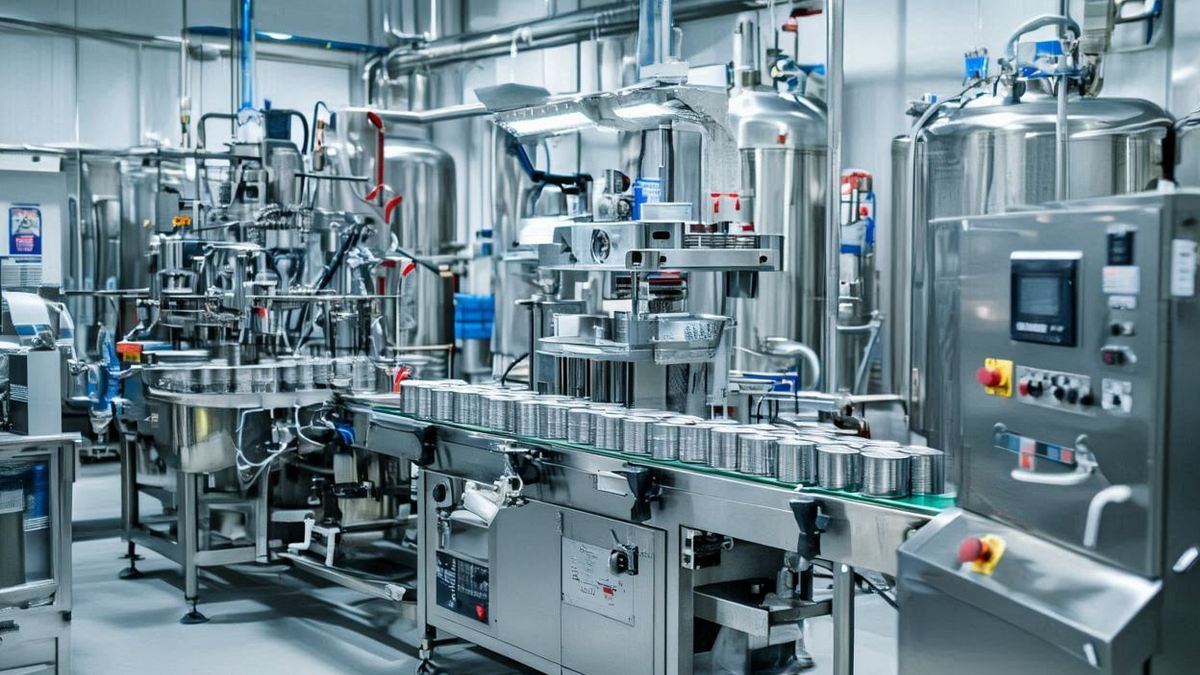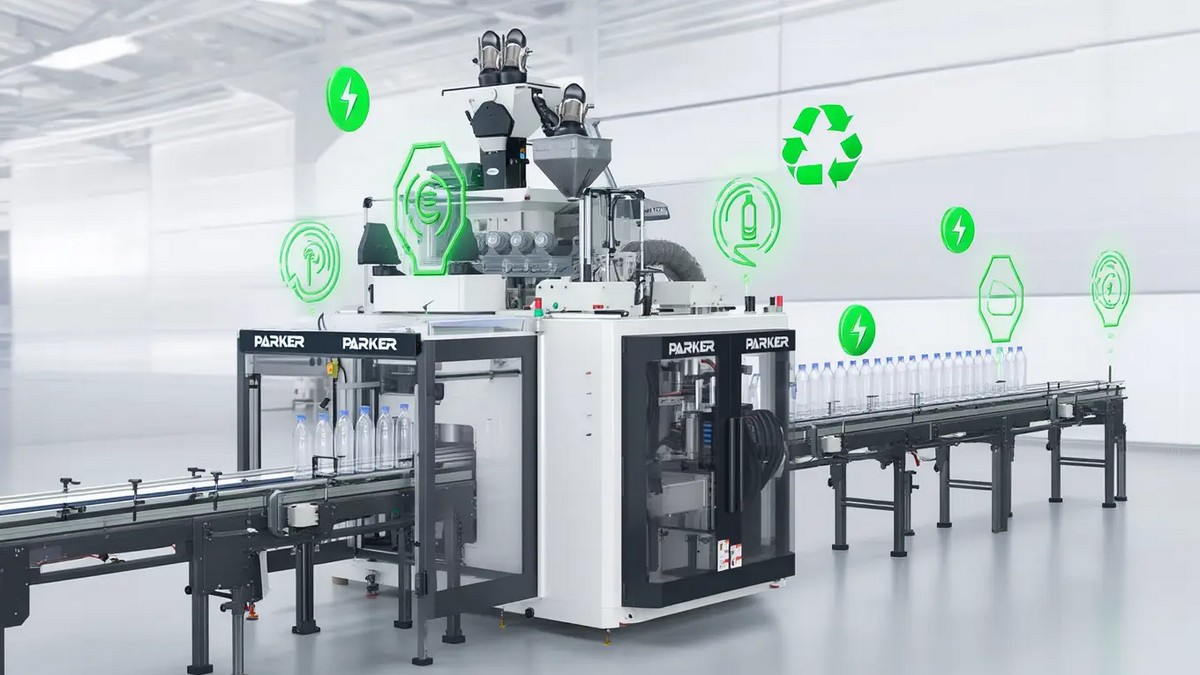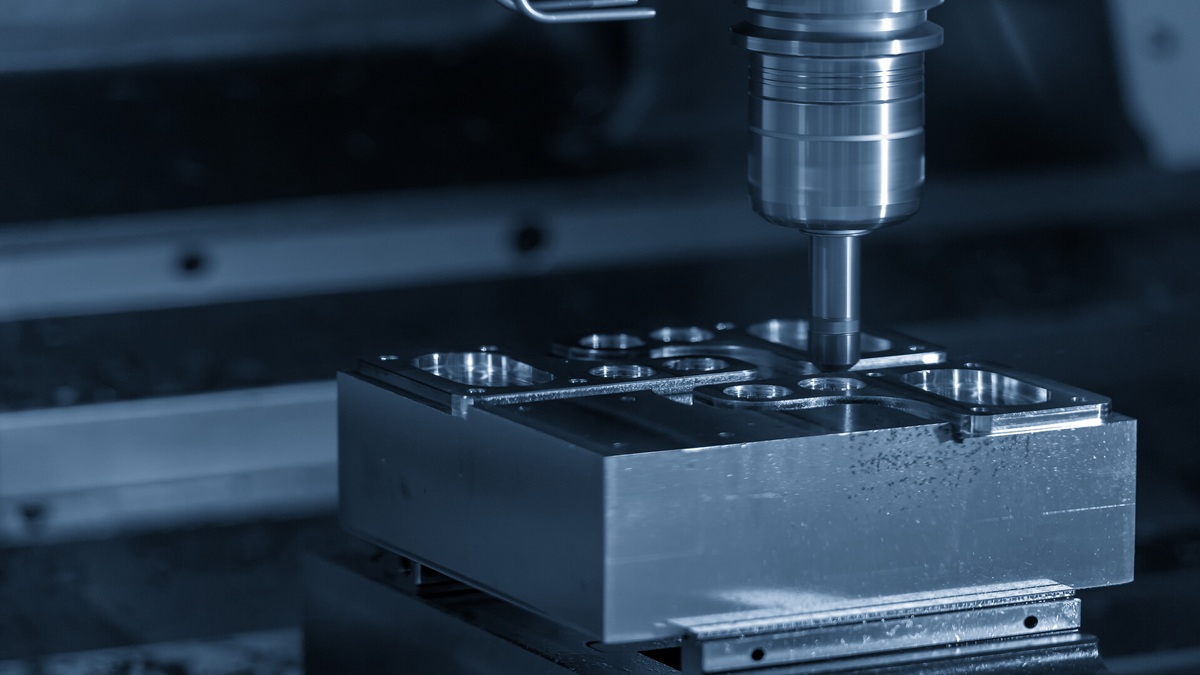From traditional craftsmanship to modern production techniques, bicycle manufacturing represents a blend of artistry, precision engineering, and technological innovation. The contrast between traditional and modern techniques can significantly affect the final product’s quality, performance, appeal, and brand loyalty. Quality control and testing protocols, along with collaborative efforts that drive innovation, and the enduring value of craftsmanship, significantly influence the art of bike building.
Traditional vs. Modern Manufacturing Techniques
Modern manufacturing techniques leverage advanced technologies such as CNC machining, robotic automation, and 3D printing to streamline production processes, enhance precision, and optimize performance. Although not as common in this day and age, there are still a few traditional bicycle manufacturers whose skilled artisans meticulously build frames and components using traditional tools and methods. This approach emphasizes craftsmanship, attention to detail, and a deep understanding of materials.
One well-known example of a traditional bicycle manufacturer is Bianchi, one of the oldest bicycle manufacturing companies still in operation. Founded in 1885 in Italy, Bianchi has maintained a reputation for combining traditional craftsmanship with innovation.
While they incorporate modern technology and materials, including carbon fiber, into many of their high-end and racing bikes, they also continue to produce models that reflect the classic craftsmanship ethos. This includes steel-framed bicycles that are welded and painted by hand, showcasing the enduring appeal of their classic geometry and the smooth ride quality for which steel frames are known.
Another notable example of a traditional bicycle manufacturer is Rivendell Bicycle Works. Based in Walnut Creek, California, Rivendell was founded in 1994 by Grant Petersen, a veteran of the bicycle industry who had a vision of returning to the roots of traditional, non-racing bicycle design.
Rivendell focuses on the craftsmanship of lugged steel frames, which involves fitting steel tubes into lugs—metal socket-like joiners—and then brazing them together. This method requires a high degree of skill, echoing traditional bicycle construction techniques. Their bikes are known for their aesthetic beauty, durability, and practicality.
Custom Bike Building: Tailored Frames, Personalized Components, and Adapted Craftsmanship
Custom bike building has gained popularity among cyclists looking for unique and personalized riding experiences. Custom builders work closely with riders to create tailored frames that suit individual preferences, riding styles, and body measurements. Components like handlebars, saddles, and drivetrains can also be customized to enhance performance and style. Customization extends to component selection, paint finishes, and intricate details, showcasing the artistry and dedication to quality, innovation, and the pursuit of perfection. Custom bikes often command premium prices but offer unmatched exclusivity and a sense of ownership for riders.
Quality Control and Testing: Standards, Certifications, and Rigorous Testing Protocols
Both traditional and modern manufacturers ensure the quality and safety of bicycles by adhering to rigorous standards, certifications, and testing protocols. Manufacturers follow industry standards such as ISO 4210 for safety and performance requirements, EN standards for component compatibility, and ASTM standards for materials and manufacturing processes. Quality control measures encompass materials testing, weld inspections, and component durability assessments to meet or exceed regulatory requirements and customer expectations. Fatigue testing uses accelerated life testing techniques, where components are subjected to the equivalent of many years of use in a short period. This method helps predict the lifespan of a component under normal use conditions.
Collaboration and Innovation: Partnerships Between Manufacturers, Designers, and Engineers
Collaborative partnerships between manufacturers, designers, engineers, and material suppliers lead to innovative breakthroughs in materials science and manufacturing design. For example, partnerships between bike brands and carbon fiber specialists result in lightweight, high-performance frames, while collaborations with technology companies integrate smart features such as electronic shifting and wireless connectivity. These partnerships fuel innovation and enhance product offerings.
Consumer Perspectives: Value of Craftsmanship, Brand Loyalty, and the Human Touch
From the consumer's perspective, custom-built bikes offer a personal connection and a sense of ownership, reflecting individual style and preferences. Brand loyalty often stems from a manufacturer's reputation for quality, innovation, and attention to detail. The human touch in bicycle manufacturing, from hand-finishing touches to personalized customer service, enhances the overall experience and fosters lasting relationships between riders and brands.
Whether through traditional craftsmanship or modern manufacturing techniques, artistry and innovation in bicycle manufacturing will continue to thrive, shaping the future of cycling and inspiring riders around the world.












.jpg)
.jpg)
.jpg)